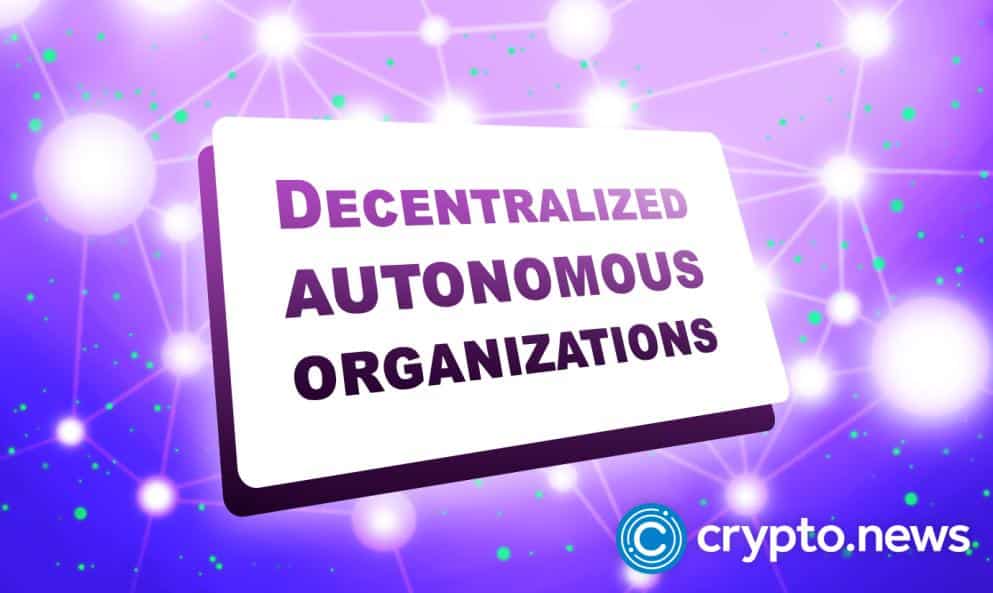Why DAOs Are Not Companies and Their Significance

Lately, there has been a lot of discussion surrounding the notion that extremely decentralized DAOs do not function and that, in order to remain competitive, DAO governance should begin to closely approach that of traditional organizations.
What Are DAOs and Why Do They Matter?
The justification is always the same: highly decentralized governance is ineffective, and traditional corporate governance structures, including boards, CEOs, and the like, have developed over hundreds of years to be the most effective for achieving the objectives of making wise decisions and providing value to shareholders in a changing world.
Decentralized autonomous organizations, or DAOs, manage businesses or projects. Instead of one person being in charge and making all choices, the DAO community does so. This enables direct participation from all stakeholders and establishes a distributed and transparent governance.
In concave contexts, where pluralism and perhaps even naive forms of compromise are generally more likely to do better than the kinds of coherence and focus that emerge from centralization, decentralization is superior for making decisions.
Applications that must continue operating while fending off attacks from strong external players require decentralization for censorship resistance.
Decentralization as credible fairness: In situations where DAOs are performing functions analogous to those of a nation-state, such as the provision of fundamental infrastructure, characteristics like predictability, resilience, and neutrality are valued over efficiency.
Difference Between Decentralization and Centralization
Typically, centralization is comparative to a convex outcome while decentralization is compared to a concave outcome.
In a concave disposition for instance, one might argue: Extreme temperatures have never been healthy for us because being excessively hot or cold might cause death. We must strike the ideal balance between the two.
In a convex disposition, another party might argue: We must concentrate. If not, we run the risk of becoming a master of none and a jack of all trades.
When making convex judgments, decentralizing the process can quickly result in confusion and poor compromises. On the other hand, relying on the wisdom of the crowds can produce greater results when judgments are concave.
DAOs for Censorship Resistance
The most frequently stated justification for decentralization in the cryptosphere is censorship resistance: a DAO or protocol must be able to defend itself and continue operating even under attack from powerful corporate or even state entities.
Censorship resistance-demanding DAOs ought to be under the same heading because they ought to be offering a service that avoids not just ongoing censorship but also merely instability and disruption.
What’s DAO’s Future?
Governments are less able to supervise DAOs, hence DAOs must be designed to have more control over themselves.
The DAO appears to be the future operating model for many companies. Businesses will begin fusing the virtual realities of their customers with their physical goods and services.
As digital NFTs, things like identification cards, property deeds, and works of art will be auctioned to raise money for the DAO while also giving buyers a digital record of their ownership. And because everything on the blockchain is instantaneous and transparent, this will greatly increase the amount of power that the users of those items have.
Additionally, consumers will have considerably greater purchasing power as a result of the development of DAOs. They can raise money for the group with other like-minded individuals because they can band together to form a DAO.
















